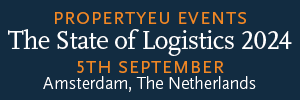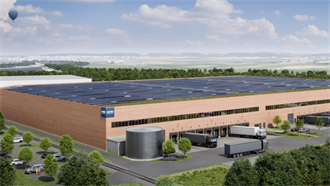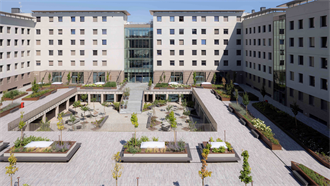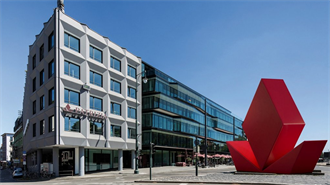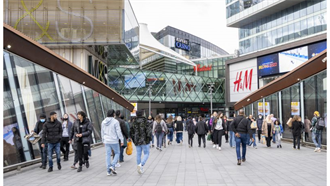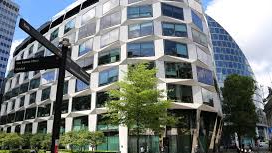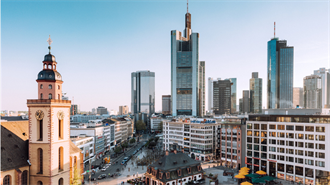A growing number of manufacturing and logistics companies are de-risking their operations through nearshoring or reshoring, experts told a panel discussion hosted by logistics and industrial group CTP on the first day of Expo Real.
Speaking at the event, René Buck, CEO of consultancy firm BCI Global, said many corporates were seeking to ensure they did not suffer the same supply chain disruptions as witnessed during the Covid pandemic and current energy crisis. Nor did companies want to be too dependent on China, he noted.
‘We’re now seeing a trend towards what we call a “DE” strategy: corporates are de-risking their supply chains, de-centralising as well as de-carbonising their production operations and focusing more on multiple suppliers instead of just one in Asia. We call that trend ‘de-single sourcing,’ Buck said.
A recent study BCI Global conducted among 200 business leaders in the US and Europe revealed that 60% of respondents are considering nearshoring or reshoring in the next three years, Buck added. ‘Nearshoring is top of the agenda for many corporates.’
Nearshoring is the most important trend driving the logistics real estate industry at present, agreed Dirk Sosef, CTP’s newly appointed head of research & strategy. Multiple drivers are fuelling the phenomenon he said, pointing to the sustained growth of e-commerce and consumption.
‘Nearshoring is a long-term solution to solve all of the disruptive events happening in the world. Customers are aware that these disruptions are not stopping so demand is becoming structural. At the same time grade A logistics stock is lacking in many markets around Europe.’
Honeywell, the US multinational conglomerate, has been active in CEE for ‘a very long time’ and centralised its global research facilities in Brno in the south of the Czech Republic more than a decade ago, said Ondrej Novotny, the company’s global real estate director. ‘We have expanded our facilities in Brno in the past few years and really believe in CEE. It’s a high growth region and closer to and cheaper than western European markets and we’ve always been able to find the right skilled workforce for our R&D activities with very good language skills.’
CEE is also a very attractive region for nearshoring for German automotive supplier Vitesco Technologies, said Marc Andrion, the company’s senior corporate real estate manager.
The company has manufacturing operations across Asia including China and South Korea but CEE is becoming increasingly important, he said. ‘We are relocating our manufacturing operations in Germany to the Czech Republic and Romania which have the same time zone, and culture. In those respects, countries like India are more troublesome.’
Other drivers fuelling nearshoring include growing awareness of the negative environmental impact of transshipments from Asia to Europe and the availability of relatively cheap labour in CEE, said Remon Vos, CEO at CTP. ‘More companies are realizing they need to supply Europe from factories in Europe and labour costs in Poland are a third of what you pay in the UK, for example. We believe in CEE and continue to buy land there.’




